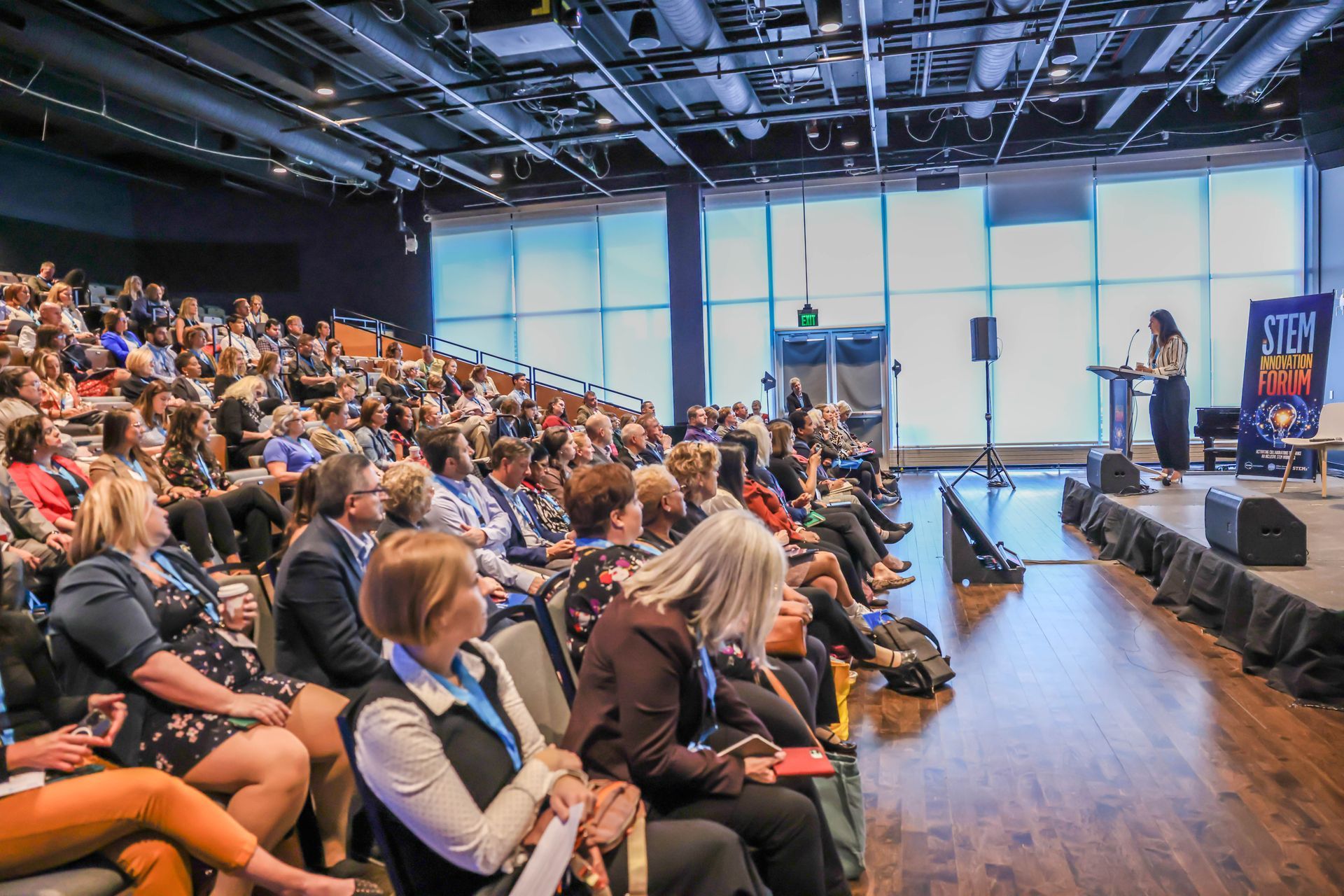Innovator profile: Rural Sourcing connects high-tech to small towns
So, you’re a STEM-loving student who wants an exciting tech career but dreads moving to the big city to chase that dream job? No worries. Future programmers with rural roots needn’t pull them up to grow a fulfilling IT career, says Monty Hamilton.
The CEO of Rural Sourcing says his company can ensure such tech-savvy graduates the small-town experience they cherish while tackling the big-city projects they crave — all while pleasing customers with a lower bottom line. To give us some details, we contacted Hamilton at Rural Sourcing, which is based in Atlanta, Ga.:
Q: Describe the mission of your company. What prompted its creation?
A: Our mission is to create thousands of high-tech careers in smaller cities where these jobs would not otherwise exist. We’ve created hundreds already and are well on our way to fulfilling our mission.
What fueled the passion around Rural Sourcing is the fundamental belief that there are good, smart, hard-working and well-qualified talent pools in the smaller cities that have been underleveraged and untapped for far too long.
In 2009, the U.S. economy was struggling with the worst recession in our country’s history. Unemployment was close to 10 percent, and new college grads faced an abysmal job-market outlook. Yet, since the mid-1990s, U.S. corporations had shipped millions of IT jobs offshore, which, at the time, probably made sense.
But in 2009, when 1 out of every 10th person needed work, it occurred to me that we needed to rethink where we were outsourcing jobs. We believed at the time, and have since proven, that by using U.S. labor in smaller, midsize cities, Rural Sourcing could provide a better experience, lower the risk of outsourcing and do the work for a lower cost than what was being charged offshore.
Further, having grown up in a small, rural community in Mississippi, I saw firsthand how we forced individuals to make a choice or trade-off: They could either remain in the places where they had grown up with deep roots, a support system and a pace and quality of life that they enjoyed, or they could chase the bright lights of the big city and their vocational dream. But they could not do both.
Rural Sourcing changes that paradigm. By bringing the “big-city” programming jobs to the smaller, high-quality-of-life locations, our colleagues get the best of both worlds. They live in a low-cost-of-living, high-quality-of-life location and do work for Fortune 1000 companies that have headquarters in the major metro areas. Everyone wins. The colleagues get exciting, challenging work without having to leave home, and our clients get high-quality software development for a much lower cost.
As we like to say, you are no longer forced to make the trade-off between your location and your vocation.
Q: How does your company accomplish its mission?
A: We are focused on taking care of three groups: our colleagues, our clients and our community. We accomplish the mission by continuing to expand to smaller cities that meet our site-selection criteria.
We currently have four Software Development Centers (Dev Centers) — in Albuquerque, N.M.; Mobile, Ala.; Augusta, Ga.; and Jonesboro, Ark. — with plans to expand to a new center every 12-18 months. We have more than 300 colleagues and are growing rapidly because for us to expand we must please our clients and generate new ones. Fortunately, we have a phenomenal client-satisfaction ranking, which makes it easier to get new business.
Finally, we want to be a catalyst in our communities for growth and change and be a caring, corporate citizen. Each Dev Center determines how it would like to spend its volunteer time and which causes it will support, such as animal shelters, food banks and other nonprofit organizations. Additionally, they are all heavily involved in promoting the tech scene in their communities.
Q: Does Rural Sourcing have outreach programs for students?
A: At all levels we are involved with the schools in our communities. Beginning with the elementary level, we participate in STEM education days, field trips to our office and presentations to classes about what we do.
Recently, the Mobile office participated in the Hour of Code program with the Bright Beginnings Academy and helped the students write more than 100 lines of code as they went through the Minecraft tutorial.
At the local high schools, we’ll speak about careers in technology, help the students put on hackathons (intensive collaborations on software projects) and host the students in our offices where they get firsthand exposure to what it’s like to have a career in technology, including the breaks for quick games of foosball or Mario Kart.
We also work with the local colleges and universities. We have a robust internship program where we hire interns who work with more-experienced developers. We will begin working with students in their junior and senior years with the goal that they will eventually join us as fulltime colleagues.
Additionally, we guest-lecture, advise on curriculum and host competitive hackathons to see who has the best coding chops among the colleges.
Q: How does the mission of Rural Sourcing impact students interested in IT careers?
A: We believe that by doing all the above, and, even more important, by being a significant employer of tech talent in town, that we will open students’ eyes to the realm of career possibilities. Sometimes, a bit of self-doubt creeps into the psyche of individuals who come from smaller communities. They might not come across as being as confident as their larger-metro-area counterparts. This is often due to a lack of exposure to bigger corporations or role models who might have worked in bigger companies. We provide our colleagues with this exposure and this softer-skill training.
Once that’s in place, there is absolutely no ceiling to what these students can do. They then hear about exciting projects such as a Game of Thrones app and, suddenly, they light up knowing they have everything necessary to be successful in a technology career.
Q: Is there anything else you can share about your company and its mission?
A: We love giving a first chance at a second career. We have hired numerous colleagues who might have started in another career but decided to get into the technology world. We’ve provided these first chances to a former Detroit police officer concerned about returning home to his children after a shift on the streets; to a Bronze Star-awarded military veteran from Afghanistan who used his G.I. Bill money to learn how to code; and to a retail worker who was undervalued and underemployed.
We love to get these people into our organization, give them that shot and watch them go.





